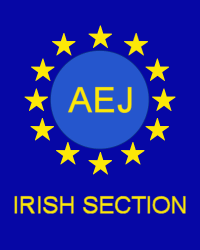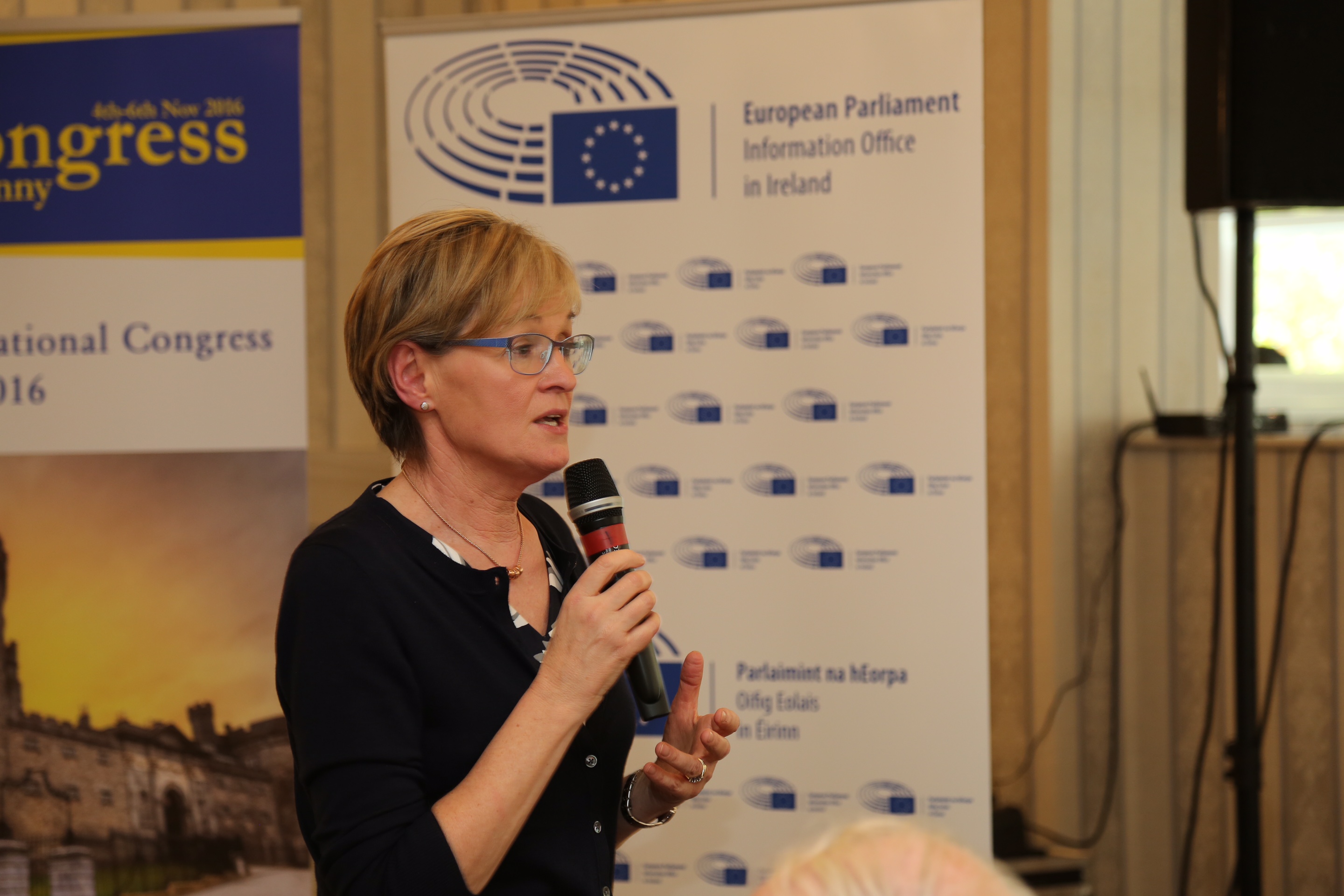The role of social media in the surge of revolutionary fervour from Tunisia, to Tahrir Square, to Benghazi and beyond, provides an immediate and illuminating example of the capacity of a free media to promote radical change, the Minister for Communications, Energy and Natural Resources, Pat Rabbitte told the AEJ on Friday (April 11).
Access to communications technology now allowed protestors to engage with and fundamentally alter their political, economic and social lives and potential, he said in a belated speech to mark Press Freedom Day, Thursday, April 3.
“The capacity of a free media to hold the powerful to account is of vital importance in the lives of the citizen and the State,” he said. “This is because the proper functioning of our democratic system depends ultimately on freedom of expression. It is of central importance, therefore, that the organs of the Fourth Estate continue to engage citizens, to shape public opinion, to inform, to analyse and to provide a forum for public discussion and debate. Government must be challenged consistently and the full spectrum of views, interests and concerns in our increasingly diverse society must be fully represented in our media.”
This was not to gloss over the race to the bottom that is also happening before our eyes especially in sections of the print media, he said. Nowhere had standards dropped so much as in the coverage of politics. “The impression is abroad that if some journalists wanted to file stories that rise above tittle – tattle and cynicism, they will be rejected by their editors,” he said.
“Media governance,” he continued, “for example, including how best to handle defamation and privacy online, should be a central concern of any democracy. There may well be issues included in the forthcoming reports of the Leveson Inquiry in the UK that suggest we take a more complete look at media governance in Ireland, although our own Press Council model has been commended in the course of that inquiry.”
Equally, payment models for media, both online and off, were of vital concern, including the manner in which advertising is bought and sold in Ireland.
“The Irish market reflects the global trend for advertisers to follow the audience online. Traditional players have lost out to global internet companies and international advertising networks possessing enormous scale and reach. Campaigns can be run from abroad without the need to maintain a presence in the Irish market.”

